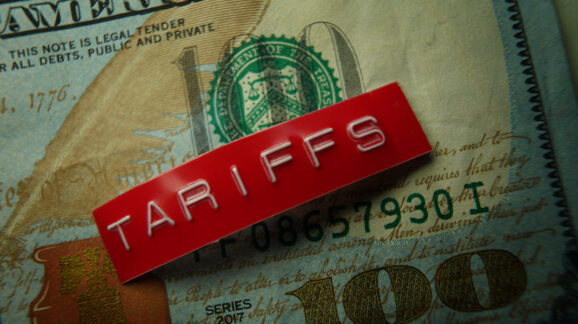Why do so many countries have tariffs?
If tariffs are so bad, then why does nearly every country have them? It’s a fair question, and many Trump tariff defenders are asking it. The answers have more to say about politics and human nature than about tariffs’ economic benefits.
One of the political answers is an old story, found time and time again in politics. Government gives out blatant favors to a favored few and ignores costs dispersed among the many. Economists call this concentrated benefits and diffused costs.
For example, the domestic sugar industry gains about $1.4 billion from the restriction in competition caused by sugar tariffs (the government gets an additional $1 billion in revenue). That small handful of sugar producers has 1.4 billion reasons to lobby Washington to keep those tariffs in place.
American consumers lose at least $2.4 billion total, or less than $8 per person, hardly worth a political fight. Consumers also lose out from products absent because of the tariffs. But that cost is hard to quantify, and most people probably don’t even notice the direct or indirect costs.
Another advantage held by concentrated beneficiaries like the sugar lobby is that it is easier for a few companies to coordinate with each other than it is for 340 million people. This is why the concentrated benefit side usually wins the political battle over tariffs. The problem is structural. All countries suffer from it.
Many developing countries justify their tariffs with the infant industries argument. Even free traders like John Stuart Mill (1806 –1873) found this compelling. According to this argument, some newer industries need a little help before they can stand on their own. A temporary tariff can protect them until they are grown-up enough to compete in the global market.
The problem is that the protected industries will never admit to growing up, because they don’t want to lose their special treatment.
Conservatives argue that welfare programs make recipients dependent on government. Similarly, tariff protection makes infant industries dependent on government and saps their initiative. Thanks once again to concentrated benefits and diffused costs, former infant industries usually win their lobbying battles.
These political problems are in every country, not just America. They help to explain why nearly every country has tariffs. Adding to the problem is a quirk of human nature: many people feel wary or hostile to foreigners. We want to help “our” industry against “theirs,” as if they were rival sports teams.
Anti-foreign bias is rooted in a zero-sum mindset, where the pie’s size is fixed: for you to have more, I must have less. This may have been true in a hunter-gatherer world, but it is not true in the modern world of positive-sum trade, innovation, and economic growth. The great fact of modernity is that the economic pie itself is growing.
For China to have more, America need not have less. This is why the average American is now more than a third richer than when China joined the WTO in 2001. China is richer, yes. And so are Americans, because that is how trade works.
Read more at Center Square Opinion
